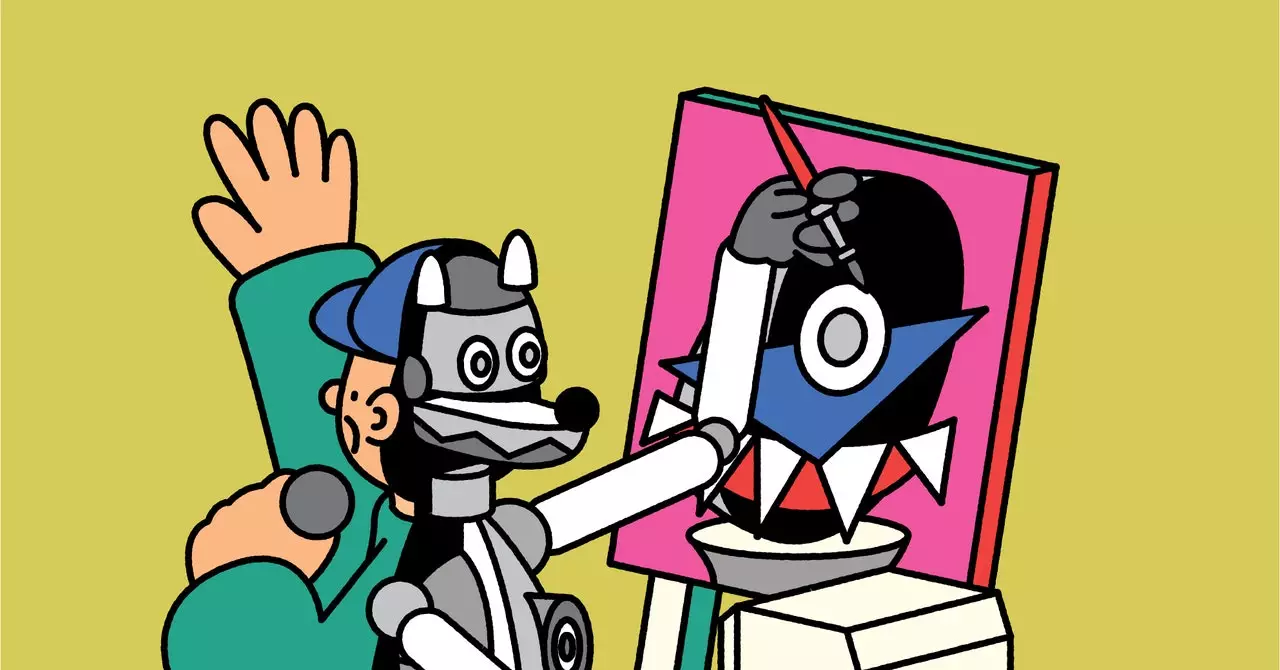The advent of artificial intelligence, particularly large language models like ChatGPT, has raised a myriad of concerns about our creative landscapes. While critics highlight the potential for these technologies to disrupt traditional creative processes—replacing human effort, passion, and nuance with automated output—the narrative isn’t solely negative. This discourse invites us to explore the transformative potential of AI in fostering new forms of creativity. By 2025, we might find ourselves at a crossroads of cultural evolution, where art and technology intertwine in unexpected ways.
As we delve into the age of AI, one significant art form to analyze is hip-hop. This genre not only represents a significant aspect of contemporary culture but also serves as a lens through which we can view the broader implications of technology on creativity. The music industry has already begun to witness the influence of AI, evidenced by AI-generated tracks gaining viral popularity. Instances such as the controversy surrounding an AI-generated song in the midst of a rap rivalry showcase the ease with which artificial creations can mimic human artistry.
By 2025, as AI-generated music floods the market, we might witness a fundamental shift in our understanding of musical creativity. The technology’s ability to produce vast amounts of content within moments raises critical questions: Will we accept this new reality as legitimate, or will it spur a backlash where authentic human expression is held in higher regard?
As we move forward, we can anticipate three primary forms of interaction between humanity and artificial intelligence in artistic contexts. The first, labeled “full surrender,” involves embracing AI’s capabilities to generate music—millions of tracks produced in mere minutes. This approach suggests a reliance on technology for music creation. However, even within this framework, human involvement remains vital. The curatorial aspect of AI-generated content will give rise to a new class of music critics, influencers, and DJs, steering public engagement and understanding of AI outputs.
The second mode is an integration of human talent and AI technology in what could be characterized as a hybrid approach. In hip-hop, this could manifest through artists collaborating with AI for innovative reinterpretations of classic tracks. The rise of AI-assisted remixes, alongside creative interpretations, may result in a flourishing of new subgenres of music and engaging collaborative performances between human artists and their AI counterparts. This symbiosis between human creativity and machine intelligence could reshape the landscape of hip-hop, offering opportunities for artists to leverage their past work within a modern context.
The introduction of AI into the creative domain brings about a profound irony: as the quantity of AI-generated content explodes, the value of human-made art may actually increase. Amidst the growing volume of digital creations, there comes a renewed recognition of the unique qualities that define human artistry. This renaissance could propel significant attention toward hip-hop’s roots, bringing to light the pioneering figures and foundational songs that laid the groundwork for the genre.
Despite hip-hop’s historical significance, many of its trailblazing artists remain undervalued in the broader cultural discourse. The rise of AI could empower a movement that not only commemorates these figures but also elevates the art form as a whole to a more esteemed status within the canon of modern art. This confluence may indeed incentivize an industry centered on preserving, valuing, and celebrating legacy artists while simultaneously emphasizing the contributions of contemporary creators.
As we approach 2025, the conversations surrounding artificial intelligence and creativity will undoubtedly evolve, challenging our perceptions and practices in artistic production. The interplay between AI and human ingenuity may not signify an end to creativity but rather an invitation into a new phase of cultural exploration. While the landscape may appear daunting, there lies potential for inspiration and collaboration. As history has shown, the melding of technology and creativity often leads to uncharted territories filled with possibility. The journey may be complex, but it’s one that promises rich avenues for artistic expression, ensuring that the core of creativity remains vibrant in the age of artificial intelligence.


Leave a Reply